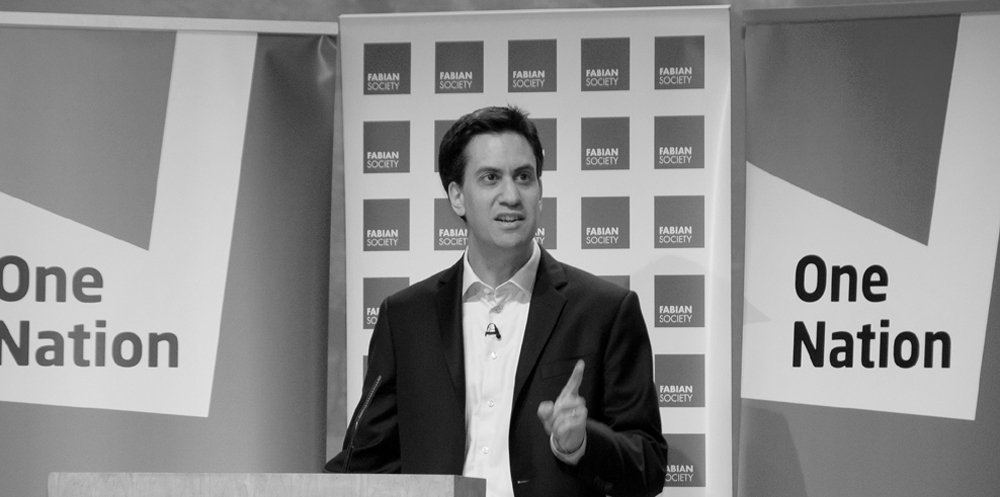The changing face of economic success
Labour’s economic challenge can be viewed in two ways. In the short term restoring the credibility swept away between 2008 and 2010 is an urgent priority. But in the long term the task for Labour is to lay the foundations...
Labour’s economic challenge can be viewed in two ways. In the short term restoring the credibility swept away between 2008 and 2010 is an urgent priority. But in the long term the task for Labour is to lay the foundations of a political economy which offers an alternative to the model of capitalism predominant over the last 30 years.
In practice the two are less easily separable, and are hinged by the public perception and political interpretation of what the financial crisis meant for the UK’s economic model. In his speech in Bedford yesterday Ed Miliband gave a flavour of the policies that could feature should Labour find itself in power in 2015.
The headline announcement to revive the 10p tax rate represented good politics rather than incisive economics, and gave a popular gloss to the intellectual critique of New Labour’s record. Paying for it via a tax on mansions, another clever ‘grab’, encouragingly suggests a greater focus on wealth in the redistributive process.
But behind the headline ideas further connections were made between the coordination of Labour’s economic, business and social strategy to promote the interests of one nation rather than an increasingly divided country. One of the most significant challenges will be navigating a way out of a low-skill low-wage economy and the corresponding race to the bottom that the UK can’t win. This requires enhanced coordination between qualifications and employers and a focus not only on the quantity of work provided by our labour market but the quality.
Where New Labour was instinctively non-interventionist in this regard, a willingness to consider how the state engages with both employers and employees is an encouraging feature of Miliband’s thinking. While the mechanisms by which GDP gains are transmitted to the lower half of the income distribution are surrounded by uncertainty, we know that tackling the skills shortage is a precondition of growth ‘from the middle out’. That economic and social policies are complementary forces is essential to the sustainability of this settlement.
By uniting medium-term prescriptions for the pressures facing the UK economy with an analysis of how these cohere in a new dynamic of capitalism, Miliband’s speech took aim at the myth that prosperity at the top would always trickle down.
For some yesterday’s speech was about burying a discredited economic model, and perhaps it was. But just as encouraging is evidence that Miliband and Balls are opening a conversation about how economic success is judged in the future. Growth will return in the UK and will likely be the centre piece of Osborne’s election line. But how this happens is as important as whether it does. If yesterday’s speech can help start a new conversation about what economic success looks like, it could yet prove to be a turning point.
